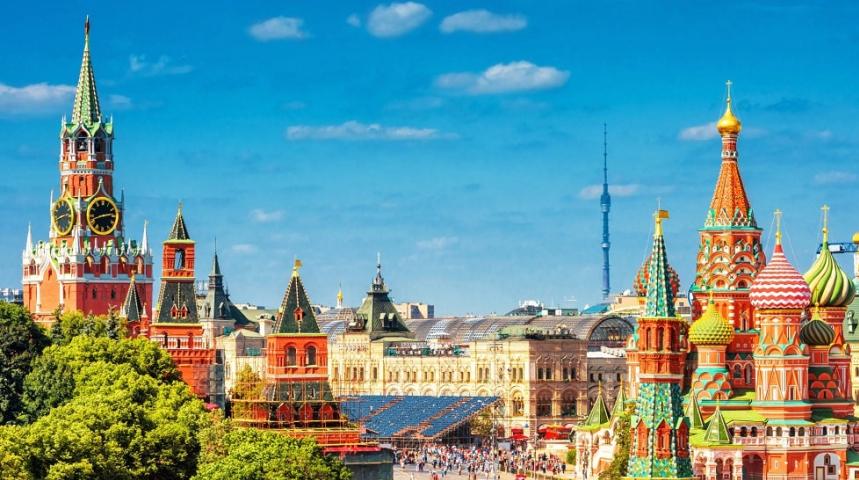As the world watches the unfolding developments between Ukraine and Russia, the prospect of peace brings hope not only for the immediate region but also for the global economy. The ongoing conflict has had far-reaching economic implications, and a resolution could pave the way for significant global economic benefits.
1. Stabilization of Energy Markets
The conflict has severely disrupted global energy markets, particularly in Europe, which relied heavily on Russian natural gas. The European Union has been working to reduce its dependency on Russian energy, aiming to halt imports by the end of 2027 and ban new contracts starting in 2025 . A peace agreement would likely lead to increased energy market stability, potentially lowering prices and reducing inflationary pressures worldwide.
2. Revival of Global Food Supply Chains
Ukraine and Russia are significant exporters of grains, accounting for about 30% of global wheat exports . The war has disrupted these supply chains, leading to increased food prices and food insecurity in various regions. A peace deal would facilitate the resumption of agricultural exports from Ukraine, alleviating global food shortages and stabilizing prices.
3. Enhancement of Global Economic Growth
The war has contributed to a slowdown in global economic growth, with the OECD projecting a modest 3.1% growth in 2022, slowing to 2.2% in 2023 . Peace between Ukraine and Russia could boost investor confidence, reduce market volatility, and promote economic recovery, especially in Europe and emerging markets.
4. Facilitation of Infrastructure Reconstruction
Ukraine's reconstruction needs are estimated at over $349 billion, more than 1.5 times its pre-war economy . Peace would allow for the mobilization of international aid and investment towards rebuilding Ukraine's infrastructure, creating opportunities for global businesses and contributing to regional economic stability.
5. Strengthening of Global Trade and Investment
The conflict has led to trade disruptions and a reevaluation of global supply chains. A peace agreement would help restore trade routes, reduce the need for costly supply chain adjustments, and encourage foreign direct investment, particularly in Eastern Europe.
6. Promotion of Currency and Financial Stability
The war has caused significant currency fluctuations and financial market instability. For instance, Ukraine is considering shifting its currency reference from the U.S. dollar to the euro amid geopolitical changes . Peace would likely lead to greater financial market stability and more predictable monetary policies in the region.
7. Acceleration of the Green Energy Transition
The energy crisis prompted by the war has accelerated Europe's shift towards renewable energy sources . A peaceful resolution would allow for a more orderly and strategic transition to green energy, balancing energy security with environmental goals.
8. Reduction of Global Inflationary Pressures
The war has exacerbated inflation worldwide, driven by surging energy and food prices . Ending the conflict would help mitigate these inflationary pressures, easing the burden on consumers and central banks globally.
9. Mitigation of Geopolitical Risks
The conflict has heightened geopolitical tensions, leading to increased defense spending and economic uncertainty. Peace would reduce these risks, fostering a more stable international environment conducive to economic cooperation and growth.
10. Support for Emerging and Developing Economies
Emerging and developing economies have been disproportionately affected by the war, facing higher food and energy prices . A peace agreement would alleviate these pressures, supporting economic development and poverty reduction efforts in these regions.
In conclusion, a peace agreement between Ukraine and Russia holds the promise of significant economic benefits for the global community. It would not only alleviate immediate economic pressures but also pave the way for a more stable and prosperous international economic landscape.
Sources:
https://www.oecd.org/en/publications/serials/oecd-economic-outlook_g1ghgh13.html
https://www.economicsobservatory.com/update-how-is-the-war-ukraine-affecting-global-food-prices
https://www.sciencedirect.com/science/article/pii/S2405844024107438
https://www.ifpri.org/blog/russia-ukraine-wars-impact-global-food-markets-historical-perspective



